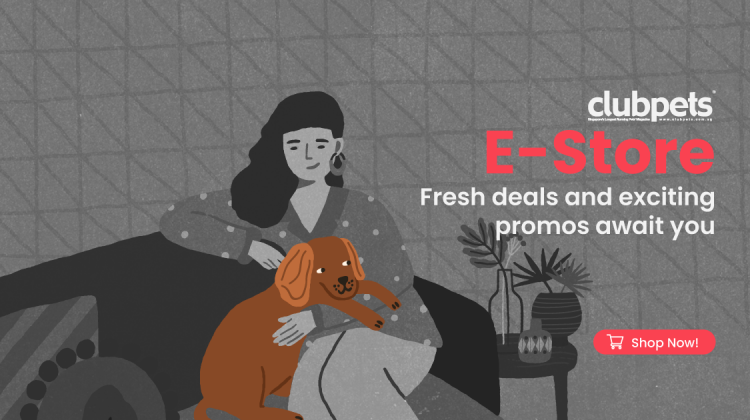Save Our Wildlife: 5 Animal-Related Activities to Avoid During the June Holidays


With the June holidays just around the corner, we’re sure many are already planned or have planned their summer vacation. As animal lovers, it’s natural to include animal-related activities within your itineraries. However, while animal tourism can be exciting, appealing and Instagram-worthy, it may bring more harm than good – especially for wildlife.
According to World Animal Protection, it is believed that over 550,000 animals suffer from these animal attractions and the tourists that they come across. This holidays, make a real difference by avoiding these animal-related activities.
Riding Elephants

Captive elephants for tourist rides in Thailand Source: kohsamuisunset
While riding an elephant may seem like the ultimate dream, these gentle giants often have to undergo a process that ‘breaks their spirit’, where baby elephants are taken away from their mothers and are trained to adapt to having humans riding on their backs. Additionally, these elephants usually have to endure grim living conditions that affect both their physical and mental health.
In order to discourage the mistreatment of these animals and the industry, it’s best to avoid participating in elephant-riding activities.
Drinking Kopi Luwak

A captive Civet Source: coffeewithoutlimits
Also known as Civet coffee, Kopi Luwak is made from the coffee beans collected from the Civet’s excretion. If carried out ethically where the collection of excreted pellets in the wild, this activity is deemed acceptable. However, because of the hefty price tag that comes with each cup of coffee, people may resort to capturing Civets in order to mass produce Kopi Luwak. The Civets are subsequently placed in captivity and forced to consume an unnatural amount of coffee cherries, causing harm to their well-being in several ways.
While it’s absolutely fine to indulge in an occasional cup of Kopi Luwak, it’s encouraged for consumers to have a better understanding of the source of the coffee before doing so.
Taking a Wildlife Selfie


Source: Ira Block Photography
As with elephant rides, taking photos with wildlife have become a popular activity. Just like the elephants, the tigers are separated from their mothers and kept in captivity for the rest of their lives. They may be sedated to serve as photography props and forced to live in inadequate living conditions. In order to not fuel the industry, it’s best to avoid this activity altogether.
Taking a Horse Carriage Ride

Horses have been serving as a mode of transport from what seems like the get-go. While these majestic creatures are accustomed to carrying humans on its back for short periods of time, they are not used to pulling weighty carriages in urban settings for an extended period of time.
While horse-drawn carriages are not as common, they are still available in several cityscapes. Not only do these animals have to endure the weight, but they also have to do so under the scorching sun in an unnatural environment, surrounded by pollution and elements that can trigger stress and fear.
Watching a Snake Show

A snake performing in a show Source: 4wornpassports
Snake shows are some of the more common street performances that can be seen in most tourist destinations. While an up-close encounter with these feared creatures can be mesmerising, these snakes are cruelly defanged in an unsanitary manner. This process is extremely painful for these snakes, and can also lead to infections and eventually, death.
While the chance to interact and encounter these creatures can be enticing, play your part in helping these animals by avoiding these activities. If you are still keen for a moment with these animals, we recommend spending your time (and money) at ethical animal sanctuaries or reserves instead.








